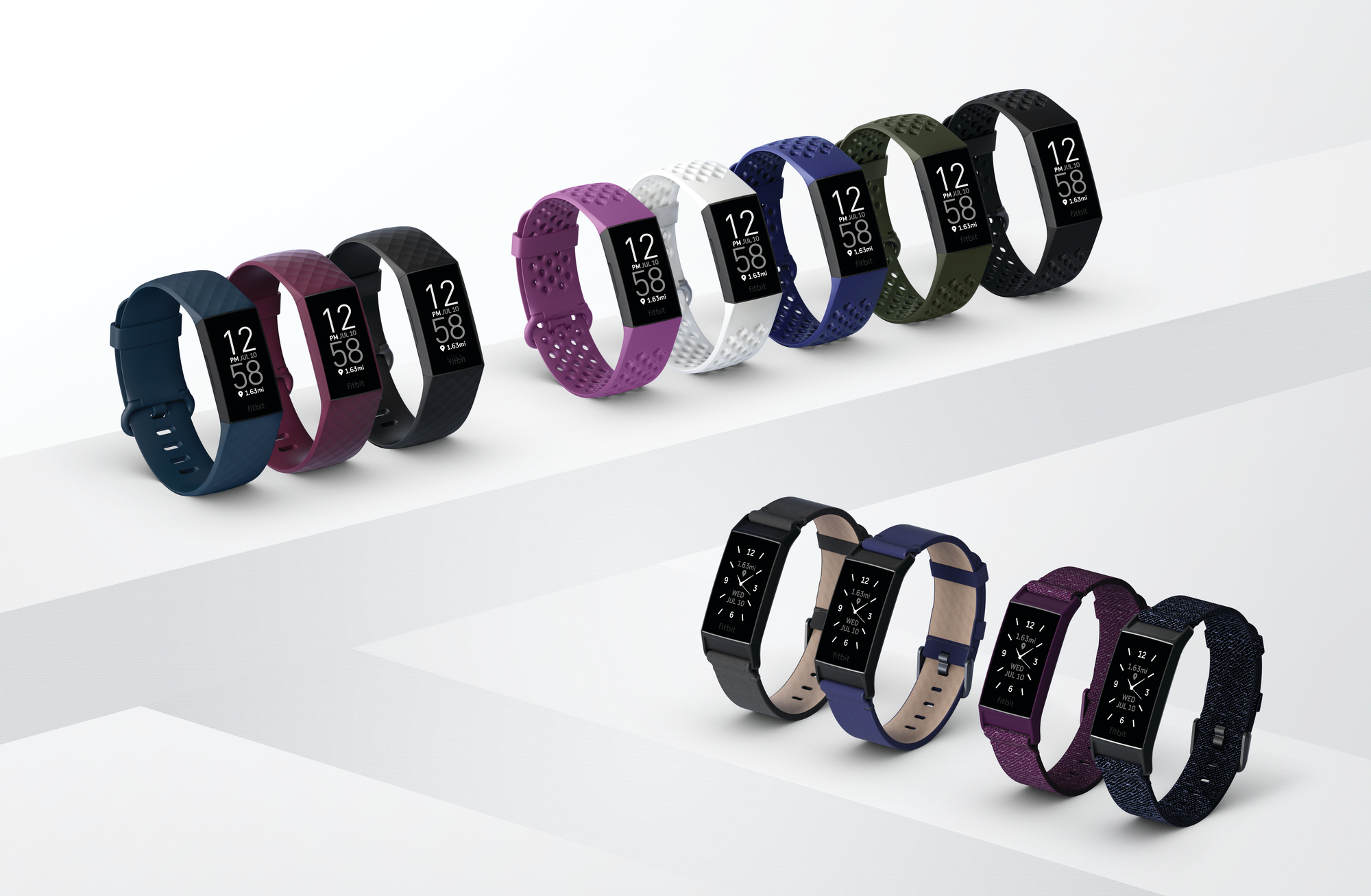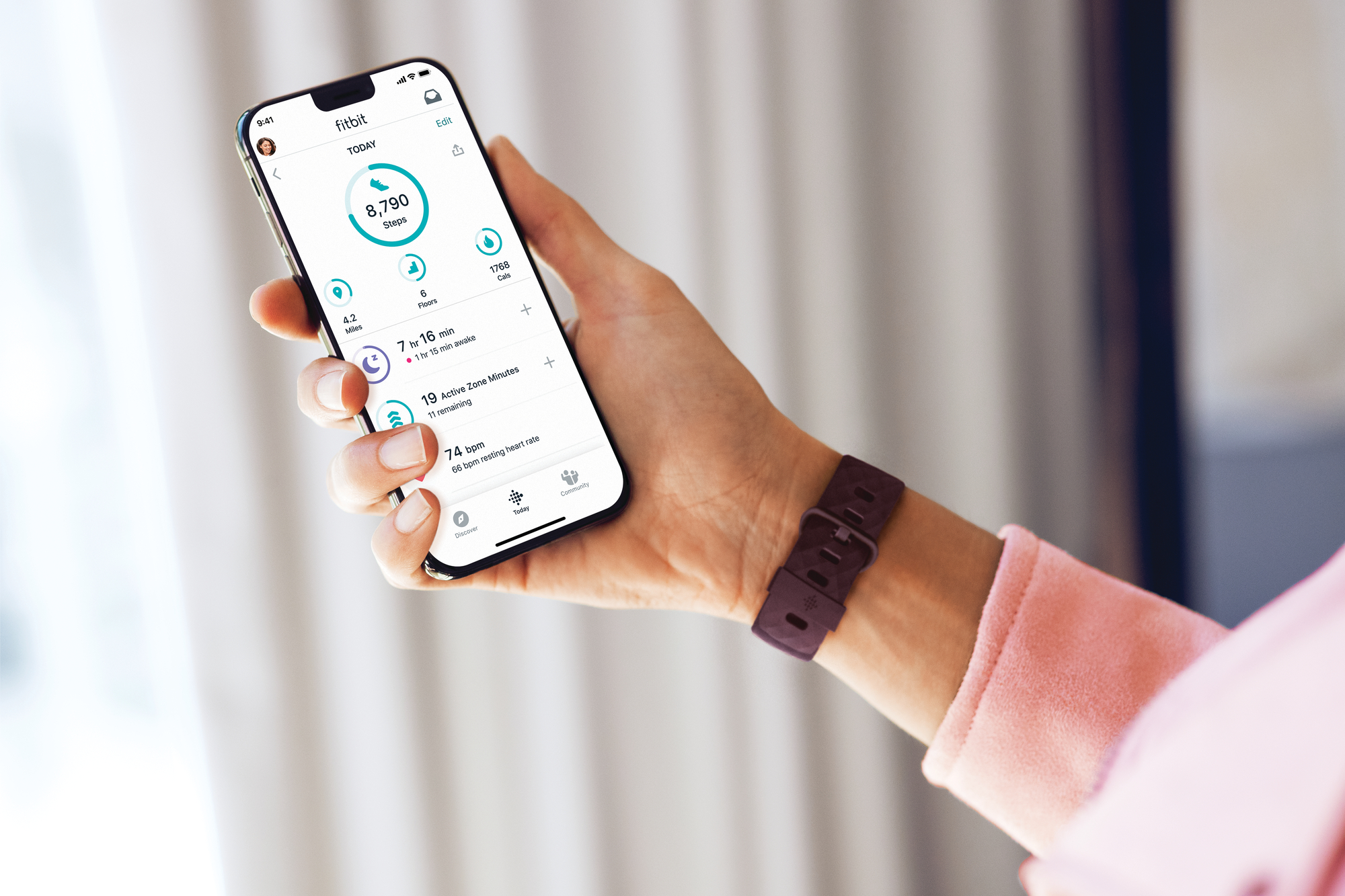Just three months after capping what was the best year for Indian startups, having raised a record $14.5 billion in 2019, they are beginning to struggle to raise new capital as prominent investors urge them to “prepare for the worst”, cut spending and warn that it could be challenging to secure additional money for the next few months.
In an open letter to startup founders in India, ten global and local private equity and venture capitalist firms including Accel, Lightspeed, Sequoia Capital, and Matrix Partners cautioned that the current changes to the macro environment could make it difficult for a startup to close their next fundraising deal.
The firms, which included Kalaari Capital, SAIF Partners, and Nexus Venture Partners — some of the prominent names in India to back early-stage startups — asked founders to be prepared to not see their startups’ jump in the coming rounds and have a 12-18 month runway with what they raise.
“Assumptions from bull market financings or even from a few weeks ago do not apply. Many investors will move away from thinking about ‘growth at all costs’ to ‘reasonable growth with a path to profitability.’ Adjust your business plan and messaging accordingly,” they added.
Signs are beginning to emerge that investors are losing appetite to invest in the current scenario.
Indian startups participated in 79 deals to raise $496 million in March, down from $2.86 billion that they raised across 104 deals in February and $1.24 billion they raised from 93 deals in January this year, research firm Tracxn told TechCrunch. In March last year, Indian startups had raised $2.1 billion across 153 deals, the firm said.
New Delhi ordered a complete nation-wide lockdown for its 1.3 billion people for three weeks earlier this month in a bid to curtail the spread of COVID-19.
The lockdown, as you can imagine, has severely disrupted businesses of many startups, several founders told TechCrunch.
Vivekananda Hallekere, co-founder and chief executive of mobility firm Bounce, said he is prepared for a 90-day slowdown in the business.
Founder of a Bangalore-based startup, which was in advanced stages to raise more than $100 million, said investors have called off the deal for now. He requested anonymity.
Food delivery firm Zomato, which raised $150 million in January, said it would secure an additional $450 million by the end of the month. Two months later, that money is yet to arrive.
Many startups are already beginning to cut salaries of their employees and let go of some people to survive an environment that aforementioned VC firms have described as “uncharted territory.”
Travel and hotel booking service Ixigo said it had cut the pay of its top management team by 60% and rest of the employees by up to 30%. MakeMyTrip, the giant in this category, also cut salaries of its top management team.
Beauty products and cosmetics retailer Nykaa on Tuesday suspended operations and informed its partners that it would not be able to pay their dues on time.
Investors cautioned startup founders to not take a “wait and watch” approach and assume that there will be a delay in their “receivables,” customers would likely ask for price cuts for services, and contracts would not close at the last minute.
“Through the lockdown most businesses could see revenues going down to almost zero and even post that the recovery curve may be a ‘U’ shaped one vs a ‘V’ shaped one,” they said.
from TechCrunch https://ift.tt/39C5xEK
via IFTTT

